Boynton Health is reporting a 25% decrease in the number of new students registering for Boynton’s mental health services in fall 2020 compared to fall 2019.
Some, including Boynton’s Interim Director Dr. Matt Hanson, have said the difficulty of connecting with a mental health professional online for the first time or not having access to a private space for telehealth appointments may deter students. This is despite the fact, however, that overall enrollment this fall remained similar to the previous year’s.
Despite a decrease in new intakes, Boynton saw a 15% increase of return visits since fall 2019, Hanson said.
Sarah Thorstenson, a fourth-year student at the University, has been seeing a nurse practitioner at Boynton for over two years who she continues to meet with virtually. After working with a crisis counselor in December whom she had never met before, Thorstenson said she understood that it might be hard for someone new to connect with a professional online.
“I feel like it just kind of takes time to build a rapport with whoever you’re seeing,” she said.
In response to the pandemic, Boynton introduced new ways to continue offering mental health care to students from a distance such as lifting session limits and utilizing telehealth appointments, according to Hanson. After the original hurdle of getting out-of-state students access to mental health services, Boynton was able to reconnect with those students virtually.
Thorstenson said she prefers her appointments online. Having to find and pay for parking was an inconvenience for her, she said. Telehealth grants her more flexibility and allows her to remain in the comfort of her home.
In contrast, Student Counseling Services (SCS), which provides career and personal counseling, saw a small increase in new student treatment in the fall.
“It’s not like [students] finish their finals, and they don’t set foot on campus anymore,” said SCS Director Vesna Hampel-Kozar. “There’s these different connections to the University and to life around campus — services on campus — that are impacting us.”
Addie Marzinske, a fourth-year student, said she was not inclined to seek further help from the University after scheduling conflicts with SCS. When Marzinske eventually met with a SCS counselor, she felt the appointment was rushed and that they were pushing for an easy fix instead of discussing the root of her problems.
“Scheduling, as well as they didn’t make me feel very welcome,” she said. “It was kind of more like it seemed like an obligation to them.”
Marzinske added that the negative experience deterred her from seeking any mental health services offered by the University.
A COVID-19 stress management survey conducted by the University last spring showed that depression among students increased during the pandemic, according to psychology professor Dr. Patricia Frazier, who worked on the survey. Forty-two percent of students surveyed had moderate to severe depression. This is a 14% increase compared to the study’s 2017 data.
Survey participants reported that their top five concerns included maintaining grades, seeing friends in person, online classes, police brutality and general uncertainty surrounding COVID-19.
Frazier said she believes that while these stressors are difficult to deal with, they are not the kind of things that would push someone to seek a counselor. However, the Centers for Disease Control and Prevention recommends utilizing services like counseling and therapy for pandemic-related stress.
Some of the CDC’s suggestions that students can practice outside of professional assistance are taking media breaks, taking care of their bodies and connecting with others.
“There are things that you can do on your own [to manage stress],” Frazier said. “Which are basically these kinds of self-care activities that are recommended by the CDC.”
Correction: A previous version of this article linked the incorrect survey referenced by Dr. Patricia Frazier. Further, the article also incorrectly described some services provided by Boynton Health and Student Counseling Services.










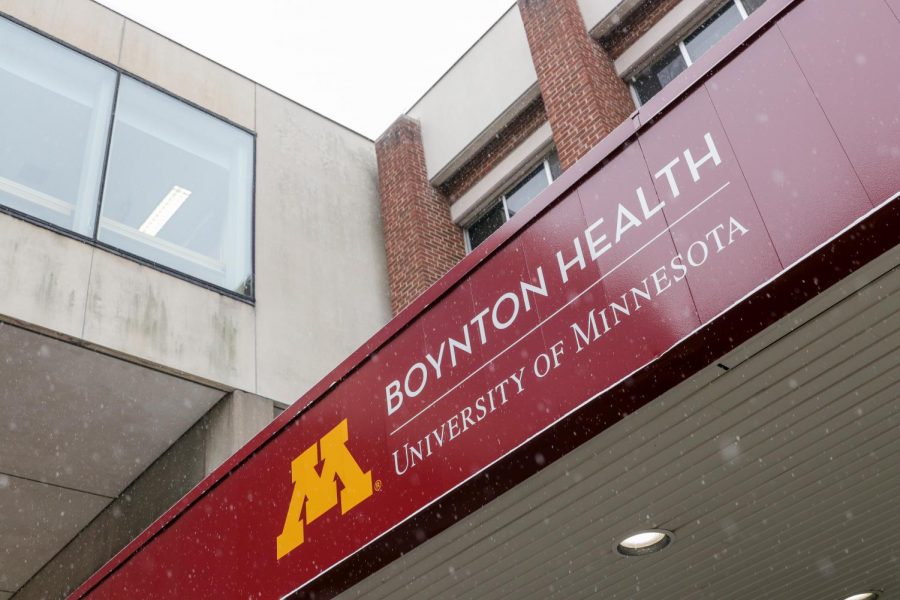
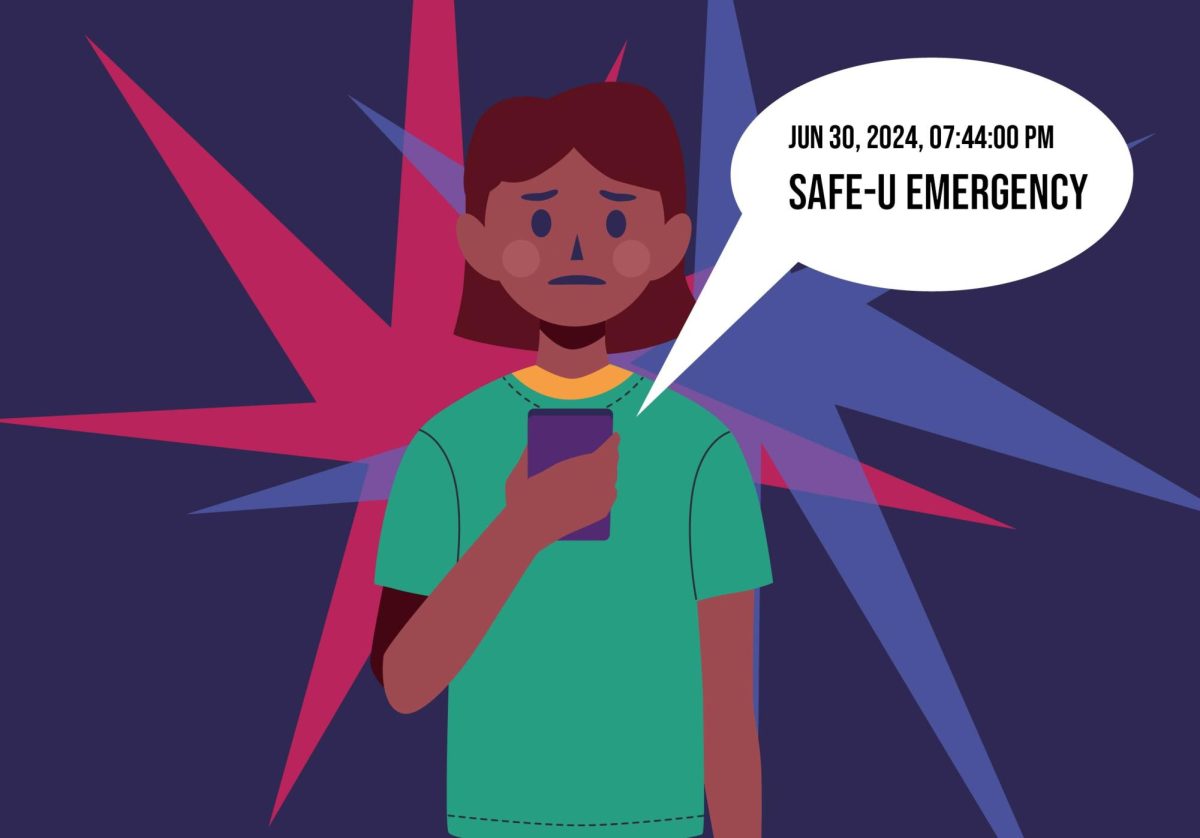









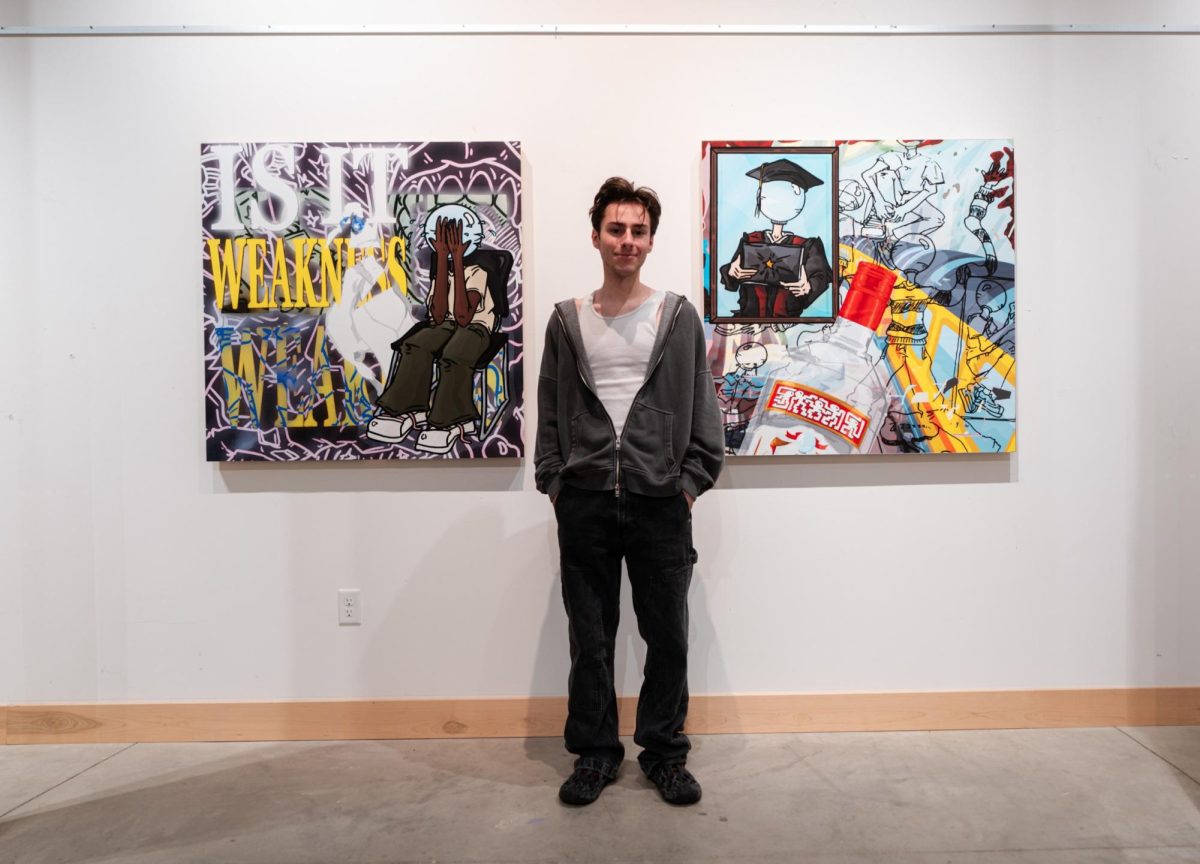
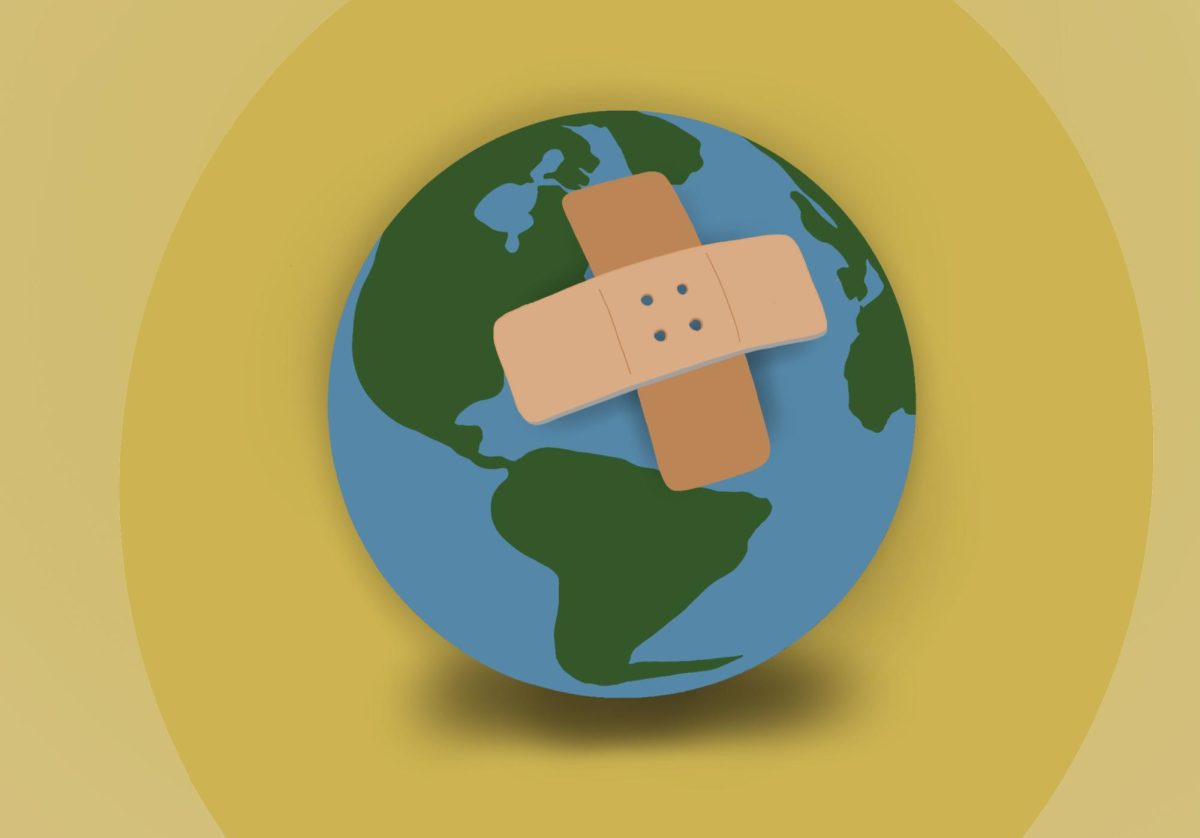
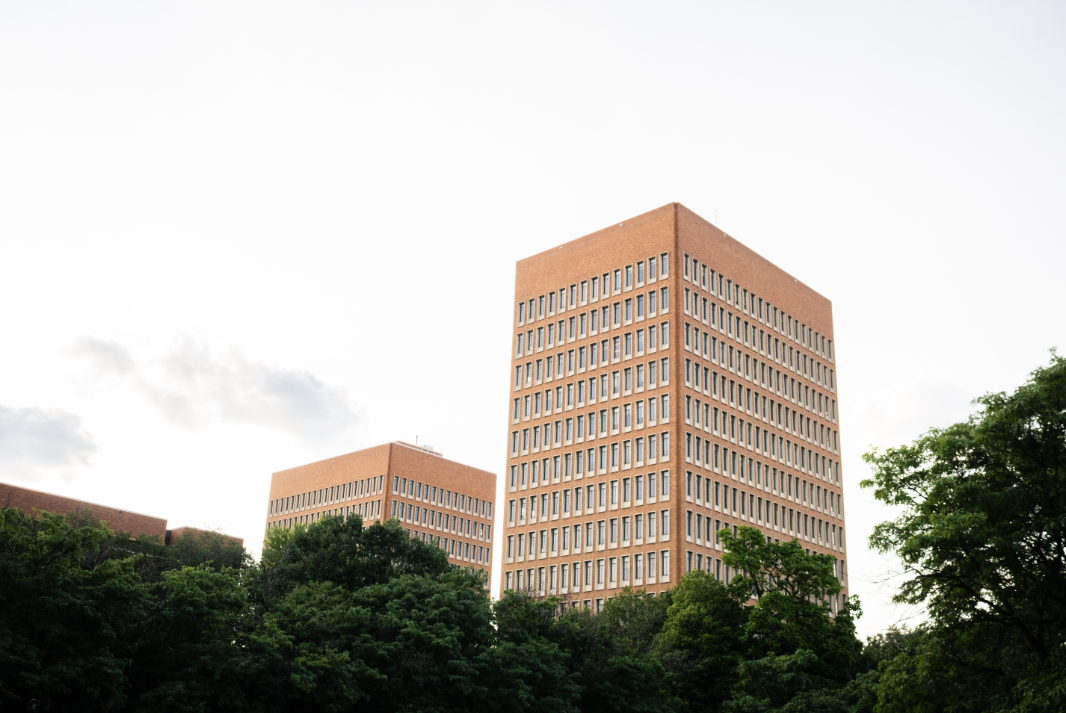
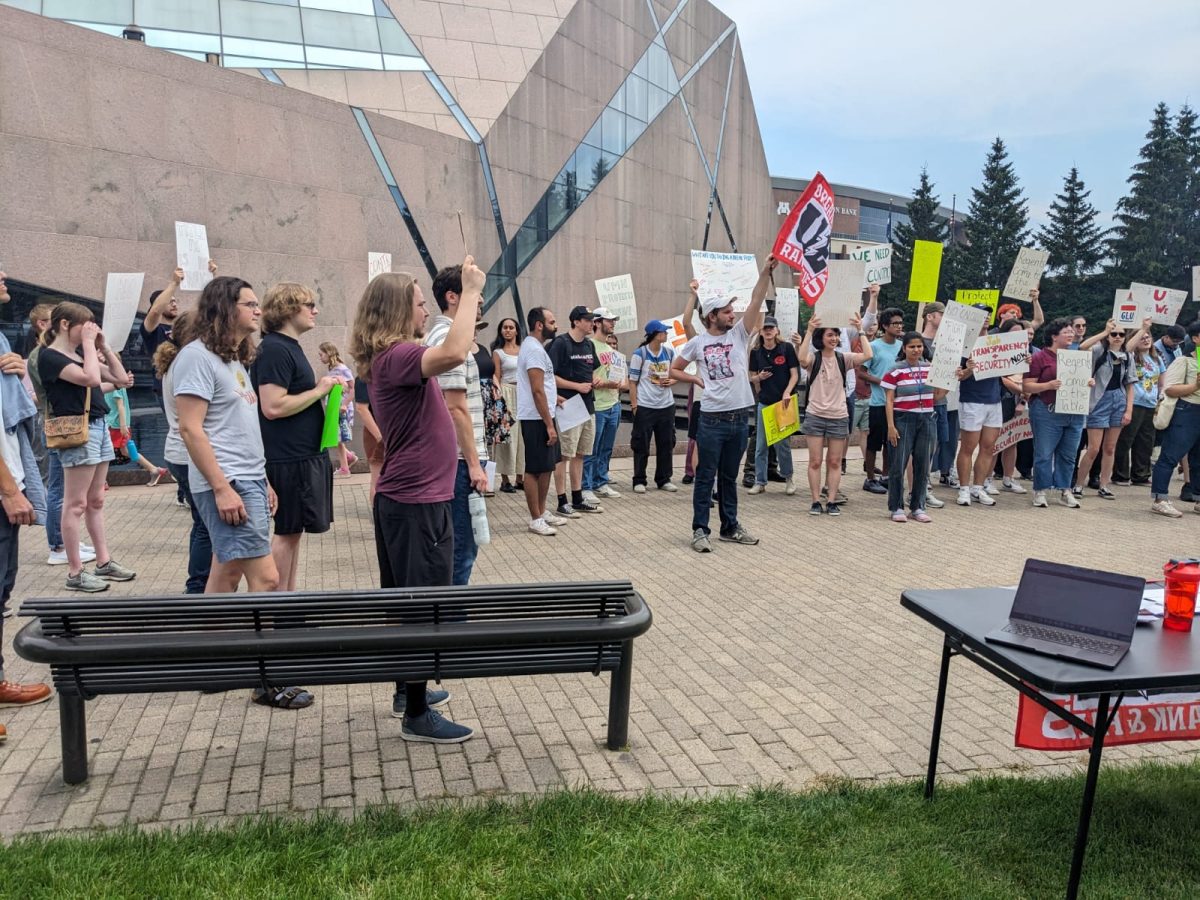



praiseinterracialmarriages
Jan 25, 2021 at 9:12 pm
I was a student at University of Minnesota in the late 1980’s through the mid-1990’s when having a mental health condition was nearly thought of as a crime, and learned that a captain at UMPD would “…neither investigate nor arrest anyone on my behalf…” when I complained for two years that I was being beaten and harassed by two students for two years, based on their faint awareness of my mental health condition, Bipolar depression and anxiety. A lieutenant at UMPD actually told me to stop calling UMPD about my concerns, and an earlier male UMPD dispatch employee told me, a heterosexual man, to not complain about a woman who had raped me during my sleep, causing me to wake up startled, annoyed, and angry and with some degree of fear in my early waking moment. He told me to “enjoy all the sex you can get….”
At the time, I had only a psychiatrist at what is now MHealth. He was an associate professor of psychiatry and director of the Family Practice Clinic which was then on the third floor of Phillips Wangensteen Building. I enjoyed his character, but when I went to him for a letter complaining of the police and of my desire to sue University of Minnesota for discriminating against me on the basis a disability (I was always peaceful and was a campus leader with the Minnesota International Student Association (MISA)), he became angry and told me “No one wins against the Fourth Estate (meaning academia).” He wrote a letter to a University of Minnesota administrator which roundly accentuated behaviors of mine which were caused by heightened anxiety and anger due to both criminal behavior by other students, and the gaslighting I received from University of Minnesota personnel. While his actions tended to stabilize by Bipolar disorder, he only created a greater reason for University of Minnesota personnel to stigmatize me and thereby abuse me.
My Boynton Clinic therapist was equally useful in helping me develop a better understanding of my developmental needs and tools, but when it came time to write a letter to a federal agency in my effort to file a grievance with them about my experiences as a University of Minnesota student (with only few concerns about the generally excellent teaching that I found at both campuses), he used the words, “Mr. Peterson felt that he was discriminated against…” instead of “Mr. Peterson noted specifics which were clearly discriminatory and which left him without support at University of Minnesota.”
The Affirmative Action Department knew of my concerns through my frequent contacts with them, but unlike assisting women who may have been touched in the wrong way, or leered at, they didn’t care to assist a White man who had a history of being beaten and harassed on the campus — a the dormitory, at my place of work, and in poorly trafficked and dark locations late at night — on a frequent basis for two years.
When I filed a grievance with a Minnesota state agency, the Minnesota Department of Human Rights, a female commissioner with only a master’s in education, not a law degree and not having been an educated but non-biased judge, ruled that the police administrator who clearly stated, in presumptuous and ignorant words, “you’re mentally ill, and you bring on your own problems; therefore, UMPD will neither investigate nor arrest anyone on your behalf,” did not discriminate on the basis of my protected civil rights class. She was clearly mistaken and believed that I hadn’t read the Human Rights Act (MN Chapter 363). Leave it said that Hennepin County District Judge Sean Rice found it within him, as a man who also experienced Bipolar Disorder, shared a psychiatrist with me, and was valedictorian at a private high school that I attended, immediately offered an order for restraint — which was violated. Sean, until his passing in early December 2020, was a brother of one of my friends’ attorneys.
I have shared my story as I believe it is important for students to understand that continuing to see a University employee after legal issues with the University becomes known, creates an important conflict of interest for the student and for the University of Minnesota employee, and students’ will be better served if they find a non-aligned provider off-campus.
With regard to some of the concerns about telemedicine and developing great relationships with a telemedicine provider: Please relax about these concerns and feel as comfortable talking to your therapist or psychiatrist on the phone or through a video conference (V-Con, as a friend who works in the West Wing of the White House calls them), as you would in speaking with a close family member, friend, or co-worker. I have been using telemedicine for a year, and I am relaxed when I talk to my doctors — both primary care associated with MHealth (University of Minnesota providers), and other specialty docs. If you can have faith in your doctor and tell the truth about your experiences and your feelings, you should be fine. It is a matter of developing faith and confidence in both yourself and in your doctor that matters most of all. Physical presence is not necessary for sharing ideas and concerns, methods, and achievements.
Please know that current University of Minnesota General Counsel Doug Peterson (no relation), has been highly civil and straightforward with me in my effort to find justice after thirty-three years. He is on record as having written that he will consider my case if I can find an attorney who will declare that my case has legal merit. However, finding an attorney to take the case has seemed impossible. I continue as I have lost many years of productivity and professional development, as well as family members and friends who grew weary of my stories. I underwent an operation which makes it impossible for me to to be a biological father — due to fears that another child or adult may experience the same hardship that I have experienced with officials and peers. The abuse which I incurred left me with lower than necessary grades to get into a competitive law school and public affairs school, and fears of working for extended periods at a static work-site. My dad is an alumnus of the University of Minnesota Law School, Class of 1968, but my status as his son has never led to inside job offers or access to excellent attorneys.
If you want to find an off-campus medical care provider or therapist, please do a web search on “How to find an [x, in your city].” Minnesota Student Association, in which I served, should consider making insurance available to off-campus/non-University healthcare professionals in the medical field which you need to make your life more comfortable, creative, and productive. While the care at MHealth and Boynton are generally good to excellent, having a place to go when a conflict of interest comes up is necessary.
As well, I have been reading about life on campus for over thirty years, and see that the stigma associated with mental health has been lessening to a greater degree on campus than in the community at large. I served on the Hennepin County Adult Mental Health Advisory Council for three years, reporting directly to the Hennepin County Board of Commissioners, and indirectly to former Minnesota Governor Mark Dayton — who I met at breakfast one morning, and at a picnic on another occasion. I also want to say that former University of Minnesota Associate Vice President of Campus Health and Safety Paul Tschida, who supervised the police chief on campus, was highly civilized, warm and professional, and who welcomed my calls to his home for decades after he retired. He had served as an FBI Special Agent, MN Bureau of Criminal Apprehension superintendent, and as MN Governor Arne Carlson’s Commissioner of Public Safety before coming to University of Minnesota